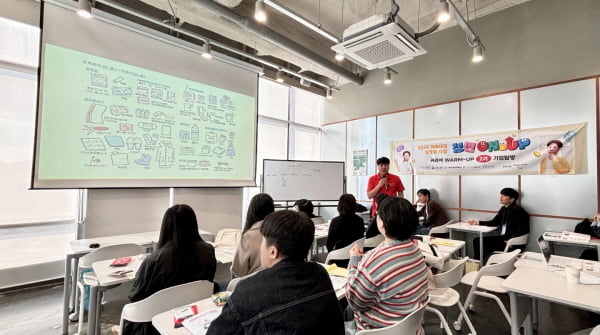“I perceive and interact with the world in a slightly different way, but that’s not always a bad thing.”
This is the story of twenty-three-year-old Sakura Brandy. She explains that she has autism and attention deficit hyperactivity disorder (ADHD). Of course, that’s not all that defines Sakura.
She’s mixed Japanese Italian, studied in Rome, is multilingual with two master’s degrees in psychology, and is a university graduate living in Edinburgh, UK. Sakura has many identities.
Before joining the British bank NatWest as a trainee, Sakura worked with people with autism. She only recently realized that she suffers from similar symptoms to them. And he’s still getting used to what they mean.
“My symptoms make me more creative and help me solve problems in a different way. That’s a big plus.”
Advocates for autism and its associated symptoms claim that as many as one in ten people, collectively known as “neuro-divergents,” are affected. In addition to autism, neuro-divergent conditions include dyslexia and conduct disorder.
The charity Autism Understanding Scotland (AUS) estimates the proportion of neuro-divergents to be between 15 and 25 percent of the population.
(…)
In a tight labor market, it’s true that a ‘mindset shift’ is needed around these issues, but it’s even more so when you consider the potential that neurodivergent employees can bring to the table when properly managed.
The Scottish Finance Association (SFE) predicts that there will be 50,000 jobs in the industry in three years’ time. The organization recently unveiled a new strategy to expand access to the industry and develop diverse careers. The organization has also removed math-related symbols from its logo, signaling that it is challenging stereotypes.
*Please note this is a Korean article
Source: BBC NEWS Korea


![Read more about the article [True Story] Richard Branson, the dyslexic, middle-school-educated CEO of 350 companies](https://knda.ne.kr/wp-content/uploads/2024/03/20180410154604462051-1.jpg)

